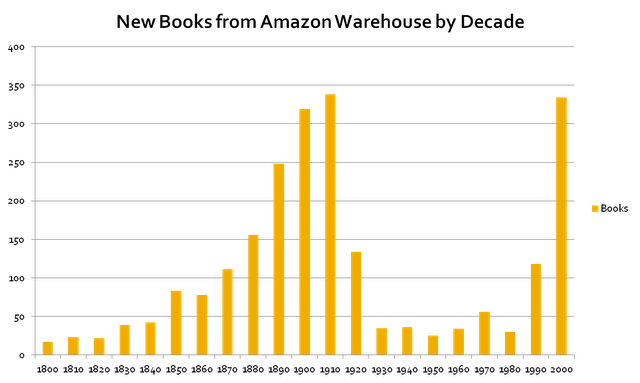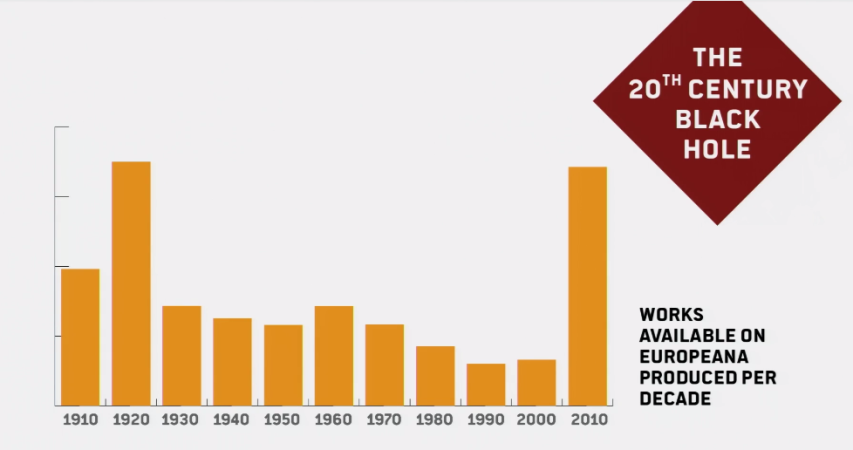Jeff LaSala explains why the films based on JRR Tolkien’s Lord of the Rings and The Hobbit must be judged separately from the the books:
Peter Jackson’s Hobbit films get a lot of flak for being overwrought and overlong. Many of the criticisms are valid enough (I have some of my own), some are a matter of taste, and some, I feel, are simply misguided. My view, as a fan of Tolkien first and Jackson second, is that the naysayers are judging the films for what they’re not. They are not a cinematic translation of J.R.R. Tolkien’s classic novel but an adaptation in the truest sense of the word. And they are specifically an adaptation of events in Middle-earth 60 years prior to Bilbo’s eleventy-first birthday party which include those covered in The Hobbit and the appendices of The Lord of the Rings.
To adapt something is to change, alter, or modify it to make it suitable for new conditions, which is where the problems occur for fans of a richly detailed story. No, not merely a story, a whole legendarium (Tolkien himself called it such) that lots of people care a hell of a lot about. The expectation seems to have been that Jackson should have kept to the books closely, should have told the story just as Tolkien did. But ultimately, that’s just not realistic.
It’s not like he didn’t know what’s in the books; in addition to knowing them well, he was surrounded by Tolkien scholars, Elvish linguists, and other literary experts. Rather, he’s an uber-successful director, producer, and screenwriter who has to wrangle massive movie budgets and we’re not. He loves Tolkien’s work but had taken on the self-imposed, if herculean task of maneuvering a beloved tale through the Hollywood machine. Have you ever watched a comic book, novel, or even play adapted to film and thought, “That’s exactly how I would have done it”? If you have, then that’s amazing! If not, well, in this age of Hollywood remakes, reboots, and adaptations, why expect these films to be any different?
[…]
It’s been said that “the filmmakers have wrung all they could out of the source material,” but I find that to be a lazy stab because it’s simply untrue. Indeed, to me that’s the irony. While three Hobbit films meant there should be room for some fleshing out of otherwise sparse details — the very thing people are complaining about, that he made a short book longer than they felt it needed to be — Jackson still didn’t actually cover everything. I reserve a more final opinion for when the Extended (i.e. the real) Edition of Five Armies comes out, because it promises to include 30 more minutes, but there are elements of the story simply left off.
I can forgive almost any extension or stretching of characters and themes, so long as they’re not completely antithetical to Tolkien’s ideals, but only if the existing story, including the appendices-based backstory, is exhausted first. Beorn’s house; the Eagles and their eyries (and why they help at all); the drunk Wood-elves and the full interrogation of the dwarves; the thrush and its world-saving delivery of vital information; the aftermath of the battle — all of these have been gutted. In the behind-the-scenes features of the DVDs, you can even see that some of it was filmed (such as the captive dwarves being brought before Thrandruil, not merely Thorin), but never made even the Extended cut. Sadly.
But these are movies; they need to take into account a moviegoer’s patience (and bladder). Of course, short making a full-blown movie series (rather than mere trilogy) there is never enough time to cover everything. Think of all that was removed from The Lord of the Rings, which has a full run-time of just over 11 hours. Given that, are you in the “What, no ‘Scouring of the Shire’?” camp or the “Nah, it’s fine as is” camp?
Well, I still want the Scouring, but I agree that it would have been worse to give it a perfunctory couple of minutes on the screen than to omit it altogether. I’d pay to see it as a stand-alone, but I don’t know if that would be viable commercially.





